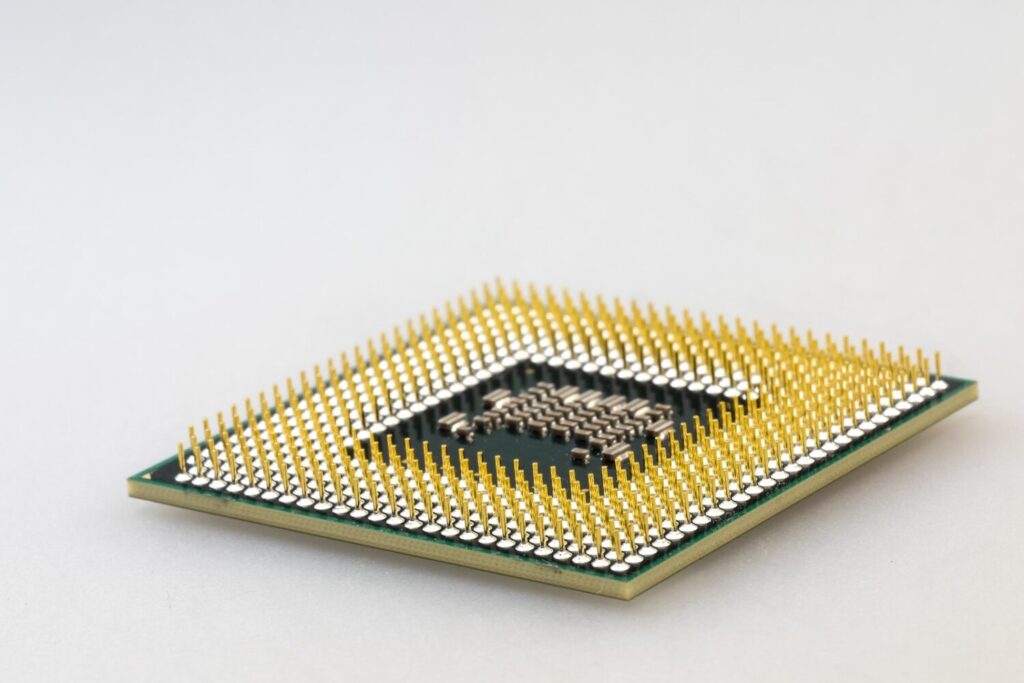
Photo by Pixabay
US President Joe Biden has issued an executive order that will limit US investment in Chinese semiconductor, quantum, and AI technologies starting in 2024.
The long-awaited order was justified as a way to protect US national security by preventing US capital and expertise from supporting China’s military modernization, the New York Times first reported.
The measure will primarily impact private equity and venture capital companies, as well as joint ventures with Chinese corporations.
The order prioritizes three areas of investment: semiconductor products and electronic components, quantum information technology, and certain artificial intelligence systems. In addition to banning specific investments, the policy will also require companies to inform the government about investments in high-tech sectors.
Senior administration officials told reporters at a press conference that the regulation was a “national security measure, not an economic measure,” and that the US continues to be committing to open investment.
According to the Treasury Department, “certain transactions, which includes potentially those in publicly listed equipment and intracompany transfers from U.S. parent companies to subsidiaries,” will be exempt.
China’s Foreign Ministry declared that the nation was “strongly dissatisfied” and “resolutely opposes” the US’s insistence on placing restrictions on China’s ability to make investments.
US President Joe Biden has issued an executive order that will limit US investment in Chinese semiconductor, quantum and AI technologies starting in 2024
A statement from China’s Ministry of Commerce said:
“This seriously deviates from the principles of market economy and fair competition that the US has always upheld. It undercuts the global economic and trade order and interferes with business operations and decision-making.”
Liu Pengyu, a spokesman for the Chinese Embassy in Washington, insisted that the White House’s claims that the US was not trying to hurt China’s economy or divide the two countries did not match its actions. Pengyu said:
“We urge the U.S. side to honor its words,”
The order comes in response to Biden’s letter to Congress, in which he stated that the threat posed by countries such as China “in sensitive technologies and products critical to military, intelligence, surveillance, or cyber-enabled capabilities” must be addressed.
Chuck Schumer, the leader of the Senate’s Democratic party, hailed the choice, saying:
“American funding has too long fueled China’s military expansion. In order to prevent American investments from being used to finance China’s military buildup, the United States is currently taking a strategic first step.”
Republicans have said the Biden order does not go far enough. Republican Senator Marco Rubio called the proposal “laughable,” saying it was “riddled with loopholes” and that it “explicitly ignores the dual-use nature of important technologies and fails to include industries that the Chinese government deems critical.”
The US has been restricting trade with China since at least 2019 when the Trump administration banned Huawei from buying critical US technology. In August, the US also banned the export of four technologies related to semiconductor manufacturing, saying they were “vital to national security“, and signed a “historic” bill aimed at boosting domestic semiconductor production.
In May, China made its first major move in the trade war by telling its operators not to use Micron chips in certain infrastructure projects, citing national security concerns.
The new rules will now enter a public comment period, which is expected to further clarify what types of investments are off-limits.